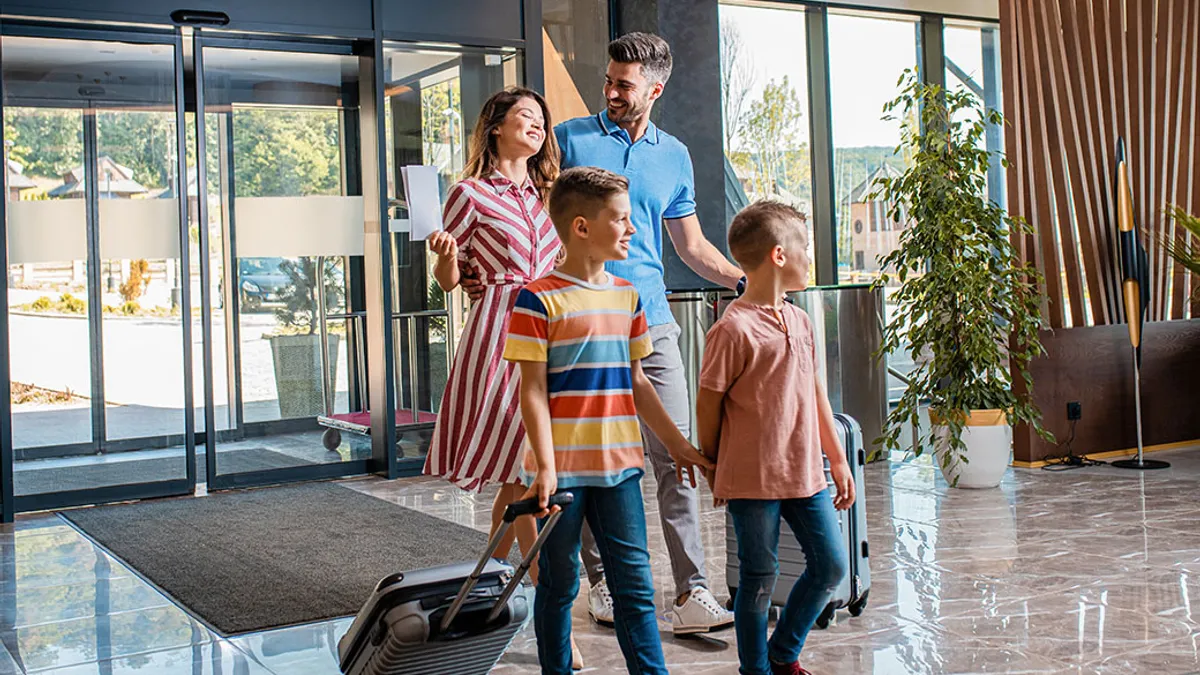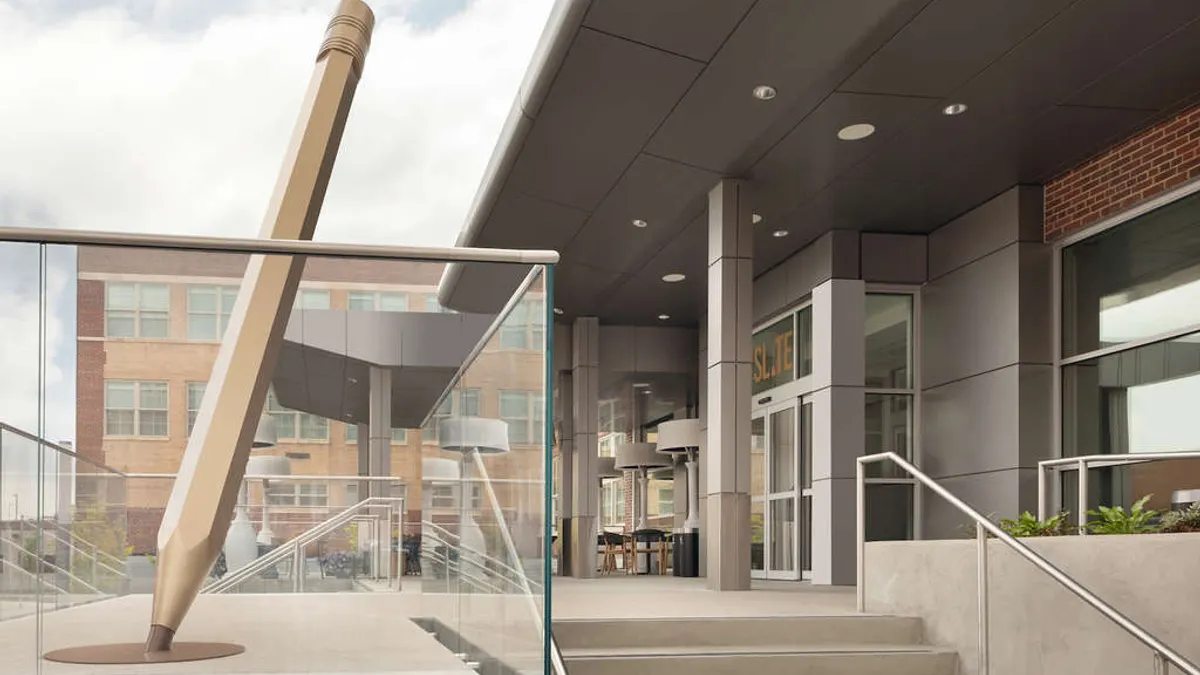When a guest walks into a hotel today, it’s almost as if they want their mind to be read. They may wish for extra pillows in their room, flexible check-in times or recommendations for dinner or the spa – and they expect their hotel of choice to respond to their demands without even having to ask. Being able to have these kinds of personalized interactions has become the golden ticket for hotels to achieve high guest satisfaction and loyalty. Thankfully, technology gives hoteliers more opportunities than ever to deliver on expectations. Here are three ways hotel businesses can use technology to show guests they understand them and win their trust as a result.
1. Allow guests to check-in or out as they prefer
Some guests may not mind waiting in line to check in or out at the front desk because they enjoy having face-to-face interactions with your staff, or the opportunity to ask any lingering questions. However, long lines – especially during peak hours – can cause enough impatience and frustration to influence a negative view of your hotel. According to the “2022 State of Waiting in Line” consumer survey from Waitwhile, 70% of respondents said they’d only be willing to wait a maximum of 15 minutes in line to receive a service. By providing guests with faster alternatives, hoteliers can satisfy both the guests that prefer to get where they’re going as quickly as possible, and those that prefer more traditional options. Self-service kiosks and mobile check-in solutions can easily solve potential friction during the check-in and check-out processes, giving guests an easy way to start or end their journey without needing to wait to speak to a front desk staff member. In turn, hotels also free up employees who were previously occupied by repetitive tasks at the front desk to focus more on delivering personal service to the guests who desire it most.
2. Send guests personalized offers directly
Every guest wants to feel special and recognized, and little customized surprises or exclusive deals you can offer will add an extra layer to their stay. According to the 2023 Hospitality Industry Trends report from Hilton Hotels, which surveyed more than 7,000 travelers across the world, 40% of respondents said they desired personalized access to unique experiences or activities, such as performances, events, spa treatments or classes. Hotels need to be able to easily collect and analyze guest data to better understand what they’re looking for. For example, you could package a discounted tee-time offer to the returning guest that loves golfing, or a limited-time romance package for the visiting newlywed couple and send offers directly to them through the loyalty app or in a pre-arrival welcome email. When you have access to all your guest information in one database, you can easily use guest profiles to track previous stays and purchases to deliver the kinds of experiences your guests expect.
3. Let guests book services from anywhere
Lack of communication across the business can utterly damage guest loyalty. For example, a guest who wants to make a reservation for dinner may approach the front desk for help. In many hotels, the employee at the front desk doesn’t have the visibility to quickly assist with these types of inquiries. They need to call the restaurant, and if the restaurant is busy or momentarily closed, they may need to note down the guest’s room number and let them know later whether there is a table available at their preferred time. This kind of experience is frustrating for the guest that has to wait for an answer, and it could leave room for errors and miscommunication that may cause them to lose faith in your hotel’s service. Ideally, hotel employees should be able to centrally access the availability for all relevant departments, and easily make bookings wherever they are. Not only that: guests should also be able to add amenities and book their desired activities on the website or hotel app with minimum effort. When hotels can have immediate communication and visibility between the PMS, restaurant, spa, golfing range, tour bookings and more, they can give employees – and guests – the ability to book services from anywhere, at any time. This is possible today, with single hotel platforms that unify sales, rooms, financials and guest data in one database – solving the key problem of understanding customer expectations and catering to them.








